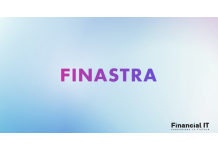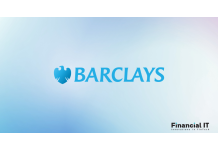Yuze Partners with Zand To Empower SMEs in UAE
- 06.01.2026 10:55 am
Iute Wins State Tender in Ukraine To Build a Digital...
- 06.01.2026 08:35 am
Flutterwave Expands Payments Infrastructure with...
- 05.01.2026 01:45 pm
Telcoin Begins Digital Asset Banking Operations with...
- 05.01.2026 06:35 am
KAST Adds $MOVE Rewards As It Expands Premium Neobank...
- 23.12.2025 11:05 am
Finastra Expands Global Footprint with New U.S. and...
- 22.12.2025 03:10 pm
Post Office Secures Five-Year Agreement To Continue...
- 22.12.2025 09:05 am
COONECTA Taps BPC’s Next-Generation Platform to...
- 18.12.2025 12:05 pm
SMB Banking Platform Lili Sets the Standard for Five-...
- 18.12.2025 09:35 am
Barclays Announces Collaboration with ExpectAI
- 18.12.2025 09:35 am
Temenos Named a Leader in Everest Group Peak Matrix®...
- 18.12.2025 08:55 am
Monzo Announces Plan to Acquire Habito in Another Step...
- 16.12.2025 11:25 am






















